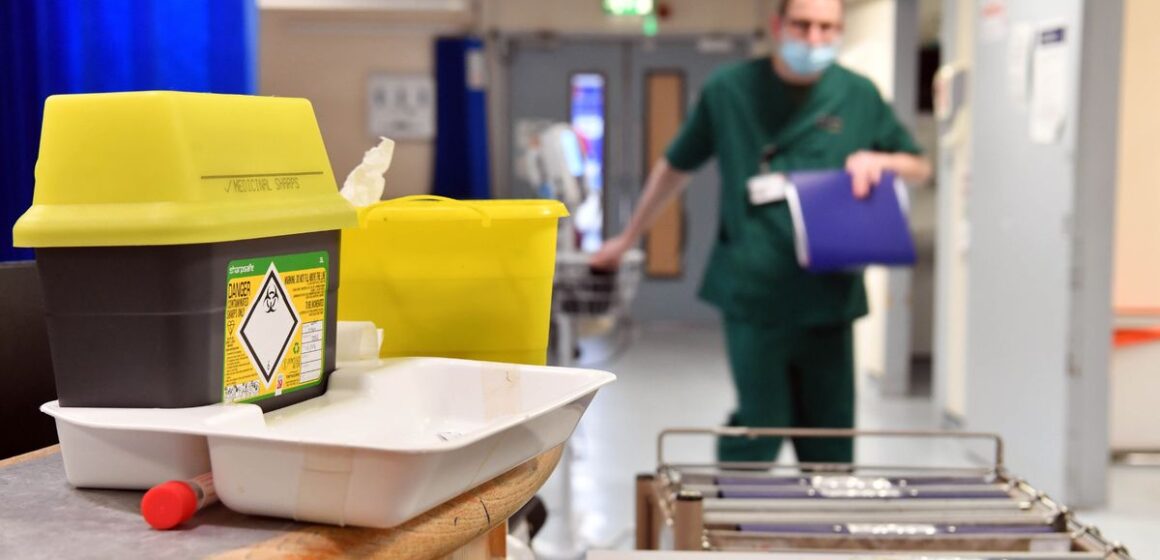Cases of sexually transmitted infections (STIs) are on the rise in Cornwall and across England, so the current number of diagnosed cases of infectious syphilis is believed to be the highest since the Second World War.
Figures from the UK Health Safety Agency (UKHSA) show that in 2022 there were a total of 392,453 new STI diagnoses in England. That’s more than 1,000 every day and a 23.8% increase from 2021.
There were 2,321 cases of STIs in Cornwall in 2022, which is 721 more than in 2021. For every 100,000 people in Cornwall, 406 have a diagnosed STI.
Although the rise in cases has been linked to an increase in testing, health officials say the sharp increase “strongly suggests” that there is more transmission of STIs in the population. reports the Liverpool Echo.
The UKHSA said 15 to 24-year-olds were most likely to be diagnosed with STIs, as it urged those having sex with new or casual partners to wear a condom and get tested regularly. It says that STIs are usually easily treated with antibiotics, but many can cause serious health problems if left untreated.
Diagnoses of infectious syphilis increased to 8,692 in 2022, the highest annual number since 1948. The NHS lists the following symptoms as warning signs of syphilis:
- small sores (ulcers) on the genitals or around the bottom – these are usually painless and you may only have one
- sores in other areas, including the mouth or lips, hands, or bottom
- white or gray warts, most often on the genitals or bottom
- a rash on the palms of the hands and feet, which can sometimes spread to the whole body – this is usually not itchy
- white spots in the mouth
- flu-like symptoms, such as high fever, headache and fatigue
- swollen glands
- patchy hair loss on the head, beard and eyebrows
The NHS guidance continues: “It can take 3 weeks or more for syphilis symptoms to appear after you are infected. Sometimes the symptoms may improve or disappear completely, but if you have not been treated, the infection is still in your body.
“That means you can still pass it on and you’re at risk of serious problems later.”
Syphilis can cause potentially life-threatening problems with the brain, heart, or nerves.
Other STI cases are also on the rise. Dr Hamish Mohammed, consultant epidemiologist at UKHSA, said: “We saw more gonorrhea diagnoses in 2022 than ever before, with a large increase, particularly in young people. STIs aren’t just an inconvenience—they can have a big impact on your health and that of all sexual partners.
“Condoms are the best protection, but if you didn’t use one the last time you had sex with a new or casual partner, get tested to catch potential infections early and prevent them from being passed on to others. Testing is important because you may not have any symptoms of an STI.”
The new data also alarmingly shows that children as young as 13 have been diagnosed with the sexually transmitted infection. If you think you may have an STI, you can make an appointment to visit a sexual health clinic for testing and treatment.
READ THE FOLLOWING:

